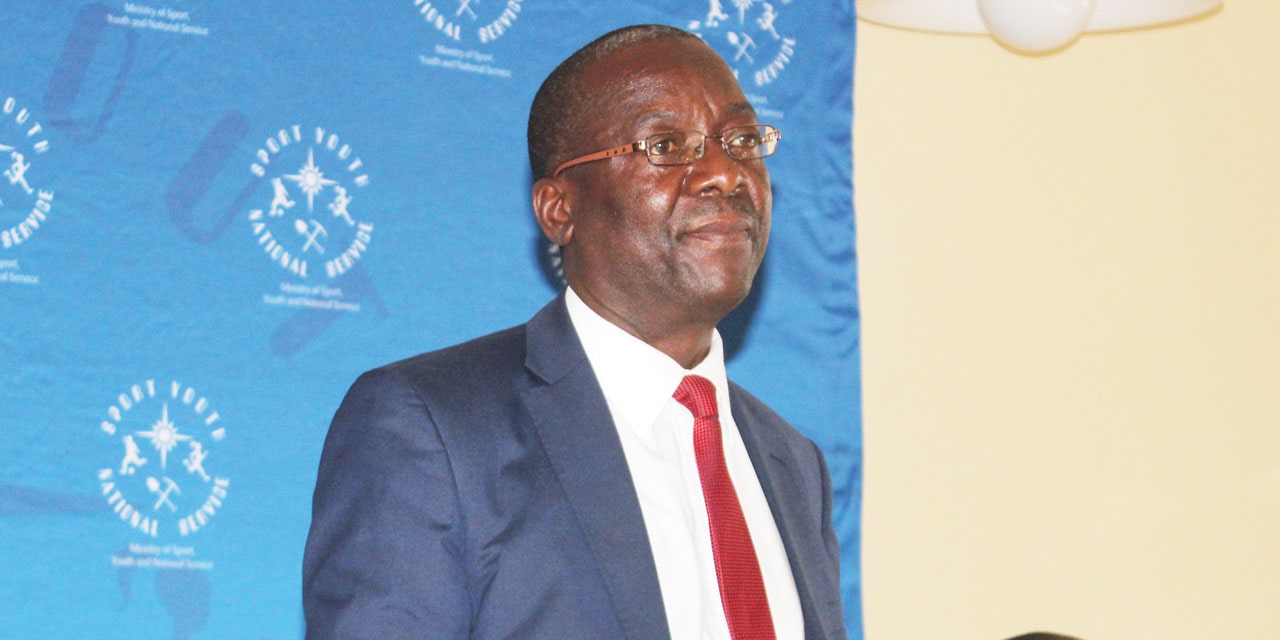Martin Endjala
The Minister of Urban Rural and Development Erastus Uutoni has appealed to officials at regional and central levels, to refrain from and guard against wasteful and fruitless expenditures as well as the abuse of state resources and to resist the temptation of engaging in any form of corrupt practices.
“We are all required to demonstrate true servanthood and diligence in the performance of our duties by putting public interest above personal interest,” Uutoni said.
The Minister said this during the official opening of the fourth Decentralisation Consultative Forum of key stakeholders in the implementation of the Decentralisation Policy, where he reiterated that a number of critical functions, such as rural water supply and sanitation, primary and secondary education, communal land management, maintenance of government infrastructure, early childhood development and community development, arts and culture, old age and social pensions, among others have been decentralised to Regional councils.
In the same spirit, he acknowledged the advanced progress towards the decentralisation of functions, employment and labour services functions, agriculture extension services as well as primary healthcare functions, among others.
“It is our desire that all these outstanding functions will be decentralised to Regional Councils during this coming financial year in order to better serve our communities”, said Uutoni.
He added that the government has put in place a range of initiatives to ensure that it has a public service delivery system that is responsive to the needs and aspirations of the people.
One of those important initiatives is the adoption of the national policy of Decentralization of 1997 as an instrument aimed at taking Government and services closer to the people.
Furthermore, given that 2023 is declared the year of Revival with a strong emphasis on accelerating the implementation of government plans and programmes, Uutoni assured that decentralisation remains one of those programmes on top of the government’s national agenda as encapsulated under Goal three of the Harambee Prosperity Plan II, namely Improved performance and Service Delivery.
“It is also an acknowledgement that the effectiveness and efficiency of government in service delivery largely depends on the effectiveness of its subnational structures”, the minister stated.
Uutoni stressed that central government institutions, namely ministries and subnational governments cannot afford to operate in silos at a time when the government is expected to meet important goals with limited resources.
Furthermore, he highlighted the importance to emphasise the need for harmony between national and local development priorities and the relationship between central and subnational governments which must be characterised by the spirit of cooperation and complementarity rather than competition in our collective quest to serve the Namibian citizen.
In addition to this, he said that the need for a foresighted and responsive government system cannot be overemphasised.
Therefore, regional councils which are the arms of government closest to the people are called upon to be alert at all times and responsive to the needs of communities in their respective jurisdictions by providing timely and quality services without discrimination.
“I believe this is possible through fostering a culture of mutual cooperation and communication between regional councils and line ministries” Uutoni stated.




